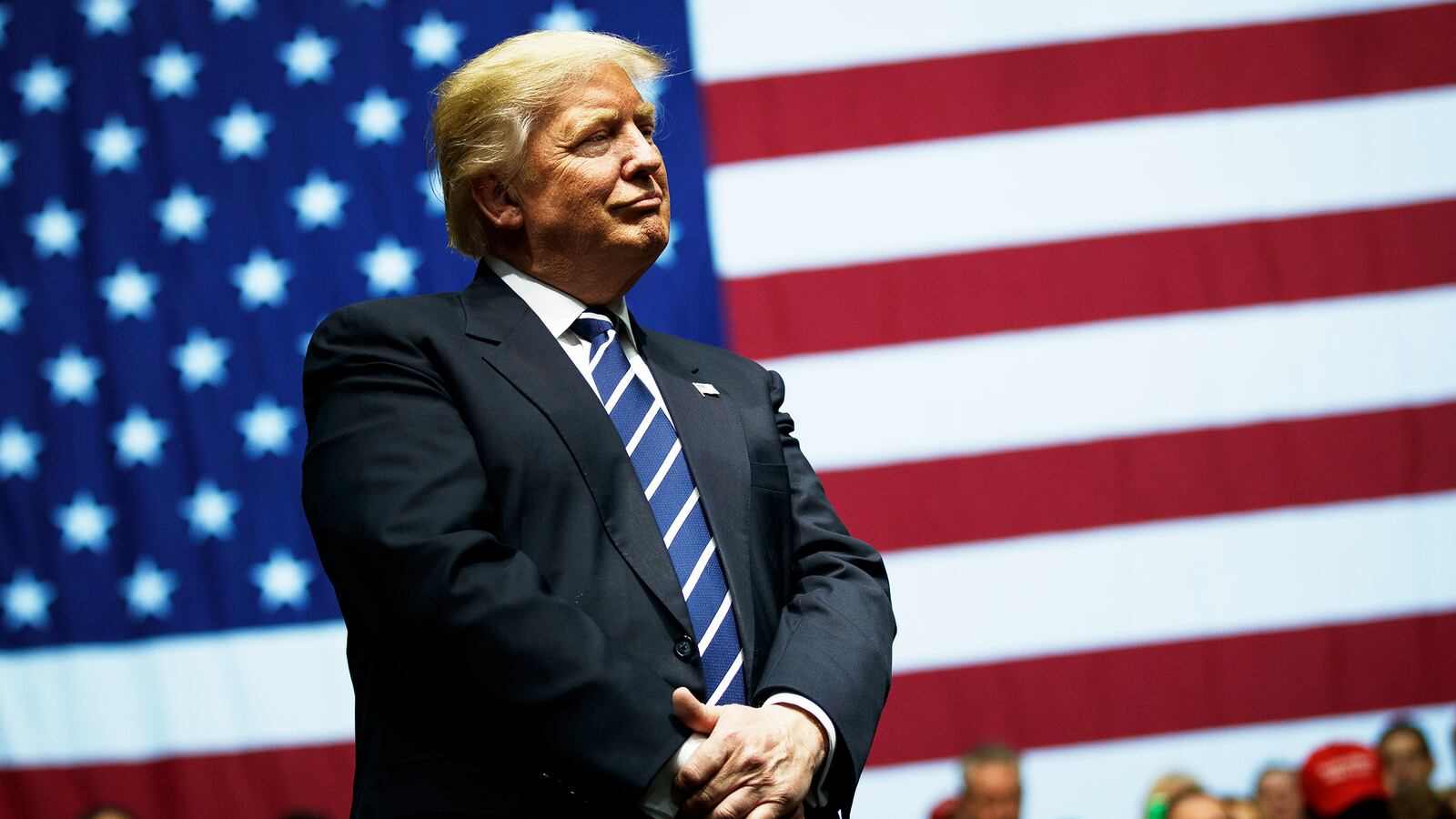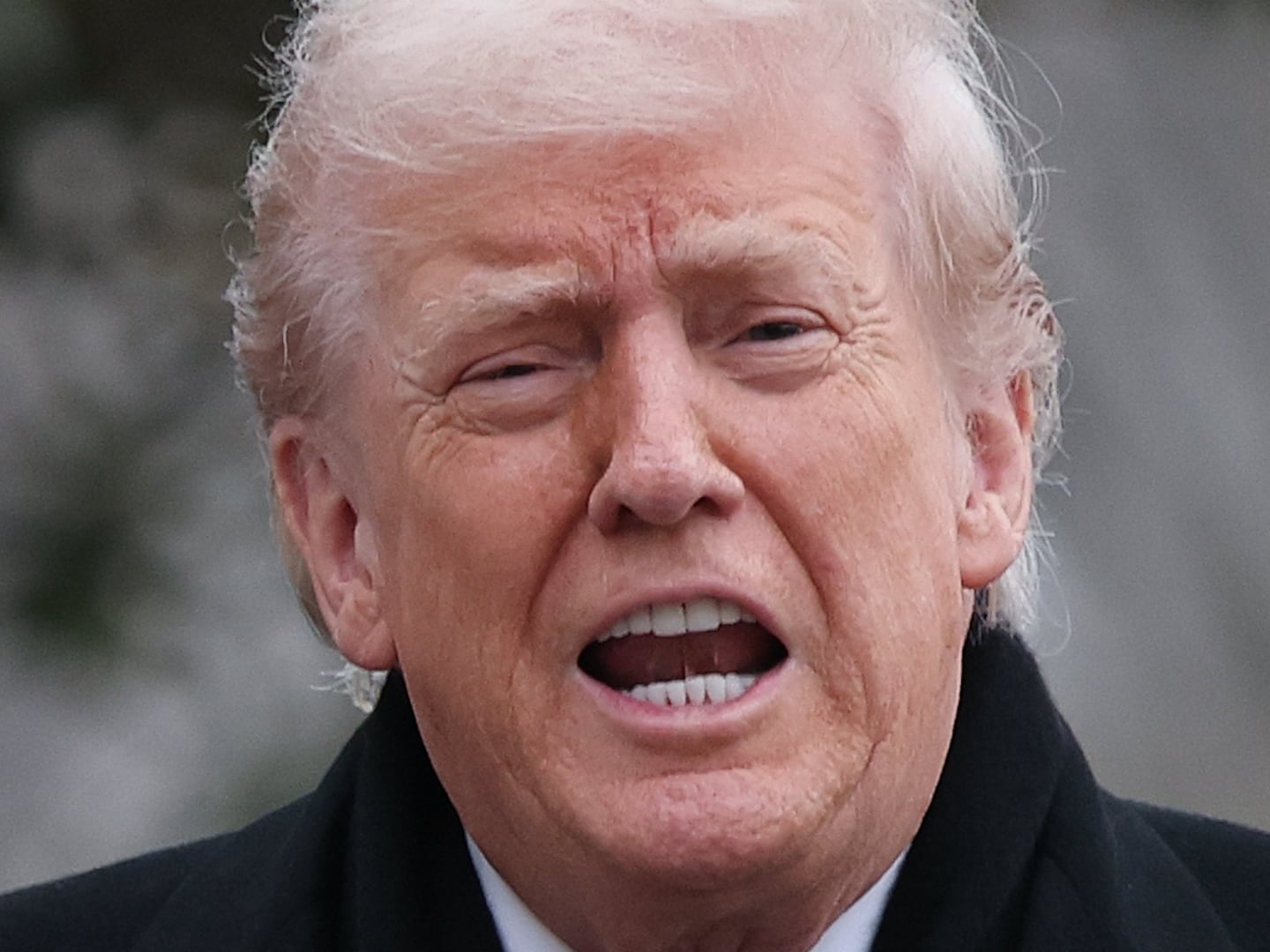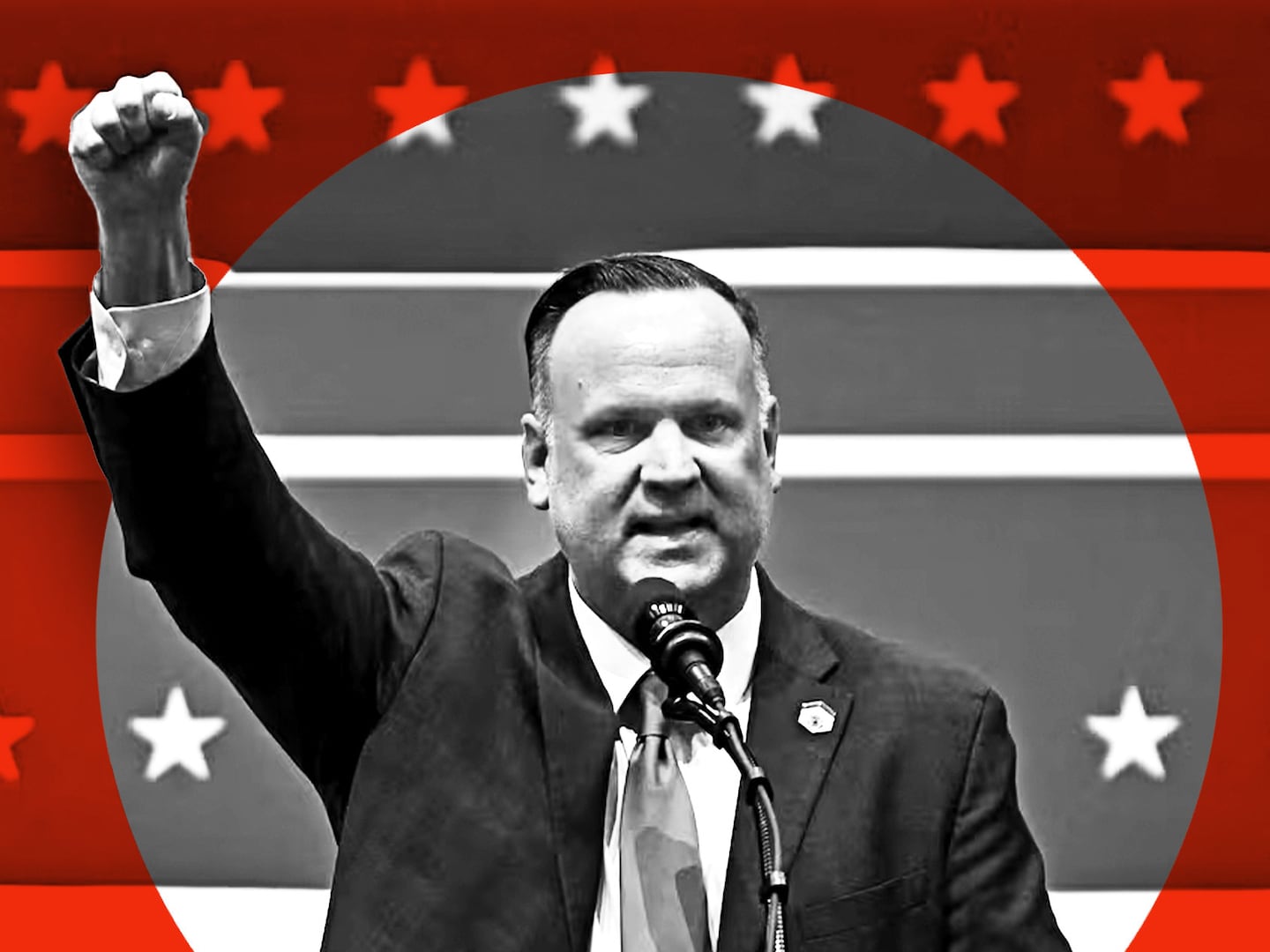By political operative standards, it would have been a sweetheart gig: You’re handed millions of dollars and more if you need it; no need to worry about any pesky laws (a campaign without lawyers, what a dream); say and do whatever you deem most effective with no regard for truth (no fact checkers, what bliss) and best of all, no long conference calls and no focus groups.
Much has been made of the “sophisticated” tactics the Russians used to sow chaos in our election and help elect Donald Trump. But when I read the indictment it seems less high political black arts and more the stuff tired junior and mid-level staffers would conjure up around a late night bar in the “hey, wouldn’t it be fun if we could get away with it” category. “What if we organized a pro-Muslim (or, say, pro-KKK) rally for our opponent?” “What if we hired a bunch of people to tweet crazy stuff about an opponent and made up organizations they were representing?” “What if we paid some idiots to stage locking up our opponent at a rally?” “What if we could set up bank accounts without reporting to the FEC and spend all the money off the books?” “What if we had some secret source of funds just for us to play with?"
The next morning the staffers sober up and get back to their real jobs, or maybe a senior-level campaign operative gets wind of it and arranges a serious “scare the hell out of you” chat with the campaign’s lawyer. Or maybe the worst of the bunch is fired as a warning to others to do their jobs and not talk dangerous trash at the bar. “We were just joking” would be the inevitable defense.
But the Russians weren’t joking. In essence they put together the ultimate state sponsored and funded SuperPAC, the Lizard Fund of every campaign dirty trickster’s dreams. The days of asserting that the Russians weren’t involved in our elections are over. Now the debate, largely along party lines, seems to be should that Russian SuperPAC be known as just the “Screw The USA” PAC or “Elect Donald Trump” PAC.
When this effort began in 2014, there was reason to believe Donald Trump would run for president and good reason to believe that if he did, at best he would be a long shot. (Maybe I’m just hoping the Russians didn’t know Trump would win the Republican nomination as early as 2014 so that I can have some comfort in my often-expressed view that he would lose. Otherwise I’d have to live with knowing not only was I wrong but even a bunch of Russians knew better.)
But if you’re sitting in Moscow about to land cyber agents on the American coast in digital boats, odds are you viewed the list of possible candidates like a savvy horse race better reading the Daily Racing Form. Some horses you liked more than others but the one horse you didn’t want to win was named Hillary Clinton, if for no other reason than your boss really, really hated her. To that end, the early genesis of the Russian SuperPAC was probably best named the “Anybody But Hillary” PAC. Which is why some of the effort in the primary was to help the “Bernie Bros” for Comrade Sanders.
None of the steps outlined in the 37-page indictment needed to be candidate-specific when first conceived and launched. But as the campaign progressed, it’s hard to imagine that the Trump campaign did not offer a uniquely target-rich environment for campaign manipulation. No modern presidential campaign, which managed to capture a nomination, has ever been so loosely organized and unstructured.
The Russians didn’t need to create chaos when Trump Tower did that every day. Talk to any high-level Trump campaign aide with experience in previous presidential races and he or she will marvel at the lack of centralized command and control. As one manager of a key Trump state mused to me over post-election drinks, “You hear about the chaos out of New York but for me, it was perfect. I knew what we needed to do in the state and nobody in New York even tried to supervise me. All I had to do was tell them we were going to win, which I never believed until the last weekend, and make sure we had a big crowd when Trump came into the state. That’s it. I loved it.”
In most campaigns, if a rally not organized by the official campaign was held in a key state—like the “Florida Goes Trump” rallies the Russian effort promoted—the campaign manager or political director for the state would make it a priority to determine who was behind it, if only to ask for their help in other efforts. But if ever there were a campaign in which it might be possible to believe this didn’t happen, it would be the pirate ship of the 2016 Trump campaign.
Which brings all of this back to the question of collusion. The phrase “you don’t want to know” is tossed around in campaigns whenever there may be something scurrying around the edges of the campaign that the official campaign doesn’t want to acknowledge or own. Usually this involves silly or harmless stuff, along the lines of mascot-stealing in college sports. “Who tore down those yard signs?” You don’t want to know.
But an over-a-million-dollar-a-month effort is a whole lot of “you don’t want to know.” These were Russian intelligence agents, not political operatives. It seems difficult to believe that this first wave of indictments will be the end of this investigation. As every fan of The Americans knows, not even Russian agents in the United States have a sense of how many other Russian agents are working the same problem. But generally the answer is a lot more than you imagined. Stay tuned for next episode.






